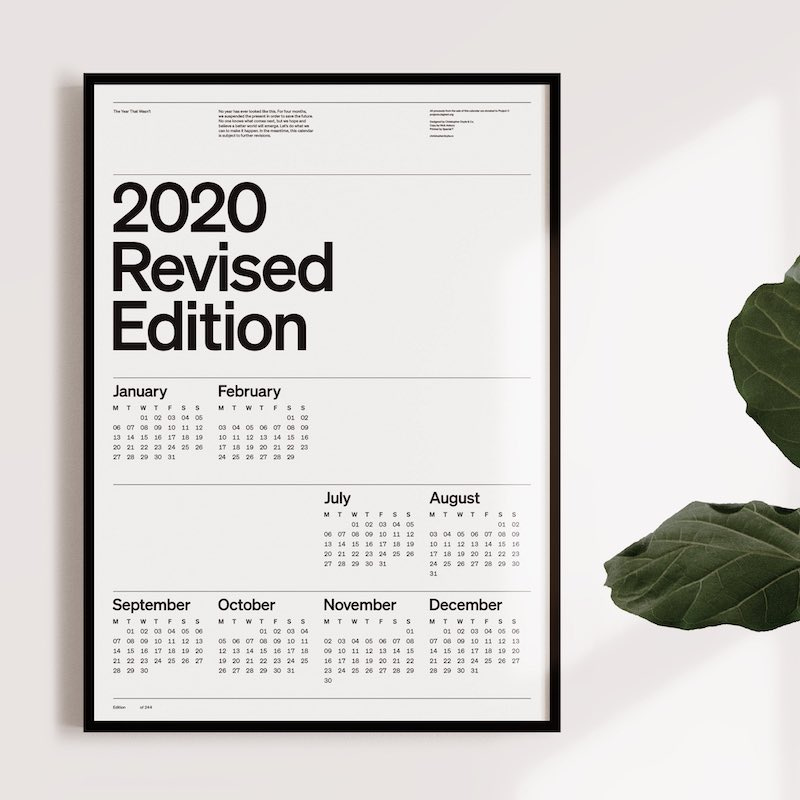If You're Lonely Press Play
This Might Be Part I.
Another Sunday, Another Naive Weekly - Observations From The Internet Wilderness.

It is easy to press play. Just click the circled triangle. Then sit back and enjoy, your job is done. It is the same procedure for music, podcasts, and videos. All you must do is to decide what to play and click the button.
It can be hard to decide what to play. Every moment we add more videos to YouTube than one could consume in a lifetime. Not even playback speed of 2x can help us. Information overload we are told.
Any problem is a call for solutions. Our friends at Spotify are kind enough to make a personalized playlist to us, each week. On YouTube, our friends are kind enough to let their suggestion play without our intervention. Problem solved. All we must do is click once. Then sit back and consume. Our friends will guide us through, they know our taste.
Sapere Aude!, became the motto of The Enlightenment. ‘Dare to use your own reason’ or ‘Dare to know’ as it is often translated. But Sapere was also about taste. What would the intellectuals of the 18th century say about how we cultivate our taste?
And what are you if not your taste?
VISUALLY PLEASING

READER INTERVIEW
One step ahead of me. That is how it feels following Kenneth Larsen online. His website is handwritten and includes a virtual garden. Kenneth writes not only one, but two excellent newsletters. Turingfesten is technology and politics (in Danish). Prototyping Pulitzer is a refreshing approach to challenge how we consume media (in English).
K: Where do you go to get lost?
Kenneth: I tend to obsess about a lot of things all the time, and the best place for me to get lost is in bulletin boards of my current obsessions, which this thread is an excellent example of. Bulletin boards are an overlooked resource - there is so much gold out there. Google whatever your interest is + "forum", and I'm sure you'll find something useful.
K: What would you be doing if given financial stability and three months space?
Kenneth: I want to create learning resources on how to learn to code not to get a job but to get to the point where you can create meaningful applications as a critic or comment on society. Like my CO2 emissions counter, troll-detector and so on. It is so much easier to get to the point where you can create cool things than it is to pass a job interview, and no one is teaching that.
K: What emotion is lost online?
Kenneth: Empathy. It requires so much more work to be empathetic online than it does to be snark or offensive. And it shows. Companies like Facebook are trying to solve it with emojis and birthday greetings, but it almost has the opposite effect.
K: What is your most frequently used emoji?
Kenneth: I always use precisely the same emojis as the person chatting with me. I seem to lack the cognitive skills to understand the meanings behind emojis, so I mirror whatever the other part is using. Which also means that if you don't send me emojis, I probably won't be sending anyone back. It has gotten me into some weird situations.
K: What is the size of your internet?
Kenneth: I have this idea that the size of my internet can be calculated using this pseudo equation: (my interests + my network) * (my related interests + my related network). Which means if you and your friends are open to new things, the internet is ever-growing.
K: What would you love to sell that no one wants to buy?
My notes. I am already building an open archive of my research notes for Prototyping Pulitzer which I will give away for free. But I am an extensive note-taker, and I often feel sad seeing it only benefits me. I take Evergreen Notes and organise them with the Zettelkasten method, and they are gorgeous.
ROADSIDE FLOWERS

Scream with others across the internet. (Password: TEETH)

Explore local radio stations by rotating the globe.


INTERNET STORIES
Only read this article if you are ready to change your monitor settings. “Imagine a font designer who carefully balanced every letter, placed each point down to 1/100 of the pixel, only to be ignored by dumb software that thinks it knows better.”
Shift Happens is an infrequent newsletter dedicated to keyboards. In the latest issue (from April), the writer shares his journey in finding the photographer behind a 1977 photo of an IBM 29 Card Punch. Her name is Cynthia, but I’ll let you discover the rest of the story on your own.
New York Times wrote a profile on the bot artist Darius Kazemi. I got to know Darius last year when we invited him to speak at The Conference. Darius is an incredible human who has spent the lockdown fighting misinformation about misinformation. Bots are an issue, but not to the extent media displays it.
Naive Weekly
Hi, I’m Kristoffer and you have just read Naive Weekly - Observations from the Internet Wilderness.
Tina! Thank you becoming paid subscriber. And thanks for our conversation last week, as you can see it inspired my introduction.
Last week this newsletter was sent to 565 subscribers. Twenty-three people are crazy enough to chip in every month/year to support me making time to write this newsletter: Nikolaj, Ditte, Antal, Cecilie, Søren, Dries, Tina, Sarper, Maarten, Mystery, Joshua, Thomas, Mikkel, Aydo, Lukas, Hans, Csongor, Dad, Ida Marie, Yinka, Stine, Troels & Angela!
Photograph by Ana Santl.
<3
Kristoffer

